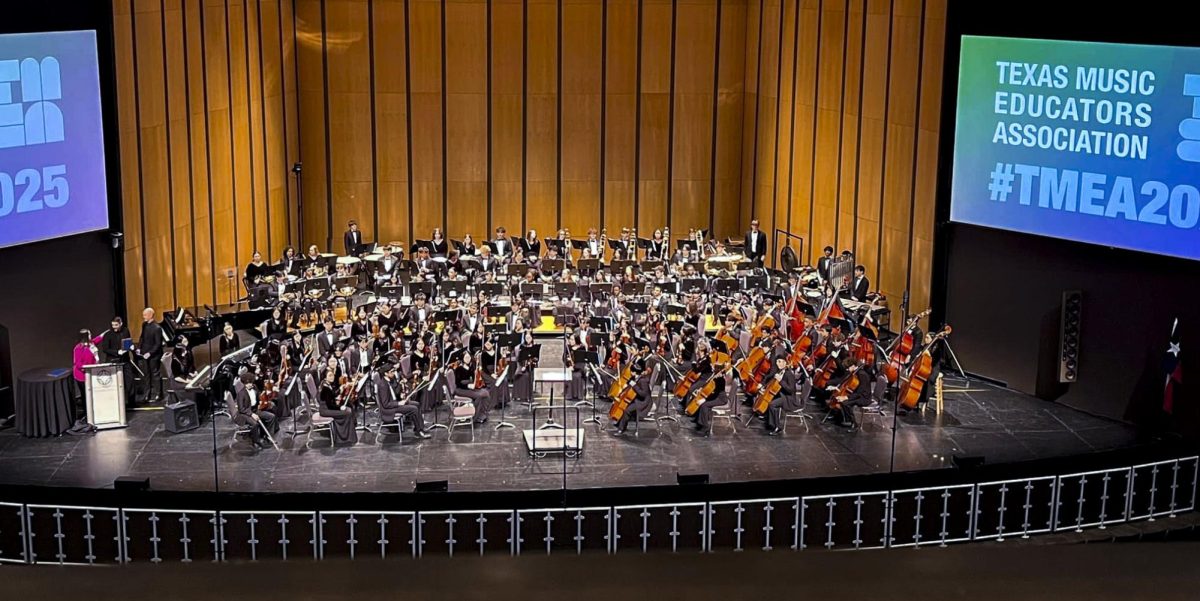A student meticulously writes down information on notebook paper, as his teacher lectures for 50 minutes straight. He not only pays attention, but he absorbs the knowledge that is being thrown at him in order to help him in the future. When the bell rings to signal a class change, he packs up his notebooks and walks to another 50 minute class where he will learn much more. The information that students learn in school is not only used to prepare them for college, but also college preparation examinations, like the ACT.
Junior Nicholas Khami was part of the small minority that earned a perfect score of a 36 on the ACT college preparation test.
“When I got my ACT score back, I was overjoyed, jubilant, and overall just super happy,” said Khami.
Khami only took an official ACT one time, and he earned his best score on it. He was able to take three practice tests before the actual counted score. He feels that students who are going to take the ACT should familiarize themselves with the test format, and that practice tests are almost essential to test preparation. Khami, however, credits his success to the knowledge that he accumulated from years of learning and hardwork in each of his classes.
“I would give students the advice of taking practice tests, but mostly trying to get as much as they can out of the classes they are in,” said Khami.
Along with his years of cumulative learning in school, ACT prep and practice tests, Khami’s success could also be attributed to his test strategies. One noteworthy strategy was a system to help him decide, when time was running out, which questions he was the most comfortable with answering, and therefore will most likely get right. The questions he feels most positive towards, he draws a triangle around. The questions with medium assurance, he draws a square, and the ones that he guessed on, is a circle. The point of the strategy, is when the clock is running down, he would go to the squares first because he knows that he has a better chance of getting those questions right, rather than wasting time on the ones he is not sure about.
“I have three levels of confidence with the questions,” said Khami. “So I can at least become confident about a few of the ones that I was kind of sure about.”
While some students prefer the ACT, others prefer the college board’s option of the SAT. Khami compares the two in relation to time. He feels that the ACT is faster, and therefore it was the better option for him.
“I have a much harder time on the SAT because it feels slower,” said Khami. “When you are taking the ACT, you are amped because you need to go fast and have less time to feel extra careful and mull over your answers.”
As his senior year comes up, Khami looks forward to college and his future. He hopes to attend a school that is heavily focused on computer science and engineering, so that his future job can be focused on the STEM field as well. He feels that programming is not only one of his strengths, but also a vital part of society, that he would love to contribute to.
“I think the amount that you can do with computers, to enable people to be more efficient and do better in the things they want to accomplish, is really cool,” said Khami. “Computers can empower us in really awesome ways, and I want to be a part of that.”











